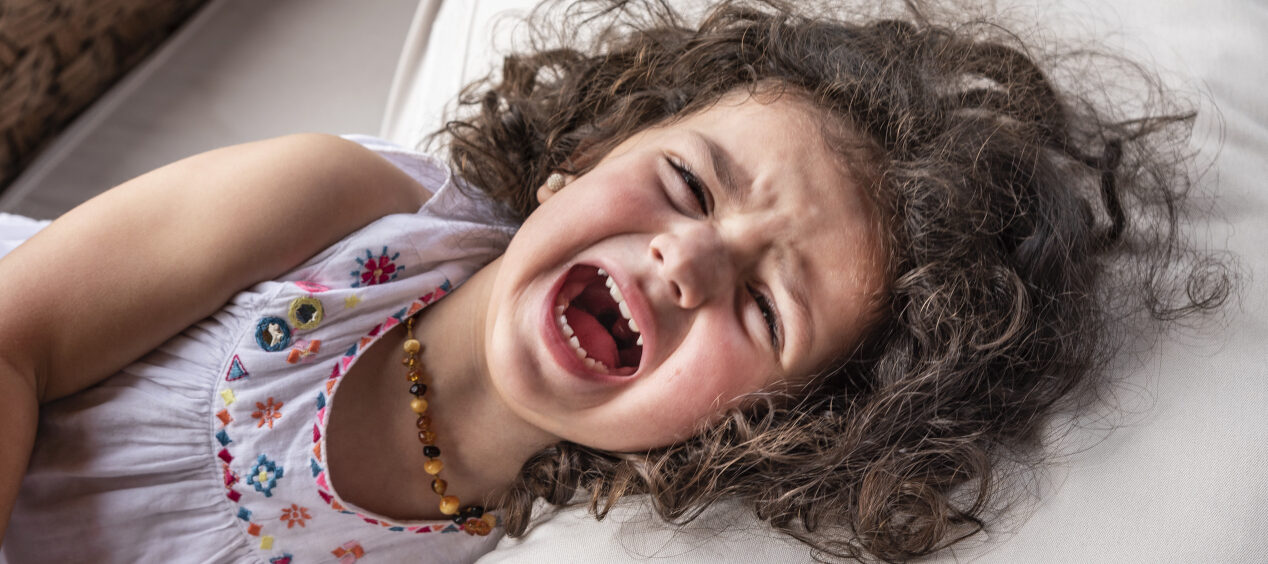As a whole, adolescents and teens are getting too little sleep. The deficit starts in early adolescence and typically gets worse each year through high school. In fact, about 75-80% of seniors get fewer than 8 hours on school nights. The recommended amount for teenagers is 8-10 hours a night.
The causes of too little sleep
The causes of too little sleep are many. We know that physiologically, the internal body clock of teens shifts later and later before leveling off in early adulthood, and then shifting earlier in middle age. Although everyone is different, the average adolescent’s body is ready to sleep much later than the bodies of their parents or younger children.
Structured and unstructured after-school activities also contribute to later bedtimes. By structured, I mean homework, work and sports. Unstructured activities are things like video streaming, social media and the peer pressure to respond to friends at all hours of the night. Together with the change in internal clock, this pushes bedtimes later and later.
Finally, as kids transition to middle school and high school, start times often stay about the same or even get earlier. Many high schools start around or before 8 a.m. The American Academy of Pediatrics recommends that no high school start before 8:30 a.m. Between the later bedtimes and the early school starts, most teenagers are in a chronic state of sleep deficit.
The impact of too little sleep
The impact of that sleep deficit is bigger than you might think. We have been studying it at Cincinnati Children’s, and I can sum up our findings in one sentence. Teens who get too little sleep are sleepy, surly, spacey, sedentary, sugared-up, scary on the road, and a little less smart.
Most of that sentence is self-explanatory, but I would like to highlight a few areas. One of the first symptoms of sleep deprivation is poor emotion regulation. I think many parents assume that teens are naturally moody and surly. That’s unfair; most teenagers are sleep deprived.
Sleep deprivation also likely contributes to the notoriously high rate of adolescent car crashes. There have been studies that compare schools with later start times to those with earlier start times. The students attending schools with later start times have fewer driving accidents. Our data show that this is likely a cause-effect relationship.
Also related to schools, teens’ school performance tends to be worse when they sleep less. It’s not just that they have more trouble paying attention (which is also true). They actually don’t take in and retain as much information in this sleepy state.
So what can be done about it? Here are six tips to help your teen sleep more:
6 Tips to Help Your Teen Sleep More
-
Set a bedtime for both school and weekend nights
Many teens don’t have a bedtime at all. It’s important to set a reasonable one during school nights, so that they can get enough sleep. Studies show that adolescents whose parents set a bedtime get more sleep than those who don’t. If possible, avoid big swings in bedtime and wake times on the weekends. Try to keep that schedule within a couple of hours. I mention this because teens are brilliantly good at shifting their body clocks later. And if they are sleeping in late on the weekends, they reset their body clocks later. So when Sunday night rolls around, they have even more trouble falling asleep. And when Monday morning comes, they feel jet lagged.
-
Get rid of caffeine after lunch – or better yet, get rid of it all together
Caffeine consumed after lunch can most certainly interfere with your teen’s ability to fall asleep earlier. As a side note, teens should limit their caffeine intake to 100 milligrams a day, or quit all together. Read a previous post to understand its impact.
-
Set limits on screen time
I realize this is a tough one, but it’s important. Screens emit light that pushes the body clocks of teens (and adults!) later. But don’t fool yourself into thinking that the “night shift” feature on a device (which reduces blue light) means that it is OK to have screens at night. The light is only part of the problem. Even more importantly, those devices are really engaging and difficult to put down, keeping teens up later and restricting their sleep. Ideally, they should be put away an hour before bedtime.
-
Put phones on airplane mode
Similarly, have your teens turn their phones off or put them on airplane mode while they’re attempting to fall asleep and throughout the night. The last thing we want is for your teen to be really close to drifting off to sleep and receive a vibrating alert.
-
Establish relaxation time
Teens should take some time to wind down before bedtime. This may mean taking a shower, dimming the lights, reading a book, or listening to relaxing music. Having this type of routine will signal to your brain that it’s time to relax and eventually, sleep.
-
Advocate for later school start times
This is a complicated subject, and there isn’t an easy solution for schools to push back their start times. But I recommend that parents be a part of the discussion to help their schools find a solution. Many schools understand the health and school performance benefits, but are facing bussing, budgetary and prioritization constraints. They need your input, your support, and your push so that they can do the right thing for teens’ sleep.
To learn more about our Division of Behavioral Medicine and Clinical Psychology, please visit our website or call 513-636-4336.






I’ve been hearing more and more about this shift in biology in teenagers, including aspects that were not in the article. There are a growing number of studies showing the long-term effects of sleep deprivation in adolescence, which include increased rates of mental health disorders like depression into adulthood, and increased risk of physical disorders in adulthood. I’ve joined my state chapter of Start School Later, and plan to start a local chapter. I hope other people will join us in changing state and local laws to prevent this new epidemic of ridiculously early start times for our kids. It wasn’t like this in past decades, and it doesn’t need to be so early now. Let’s change it!